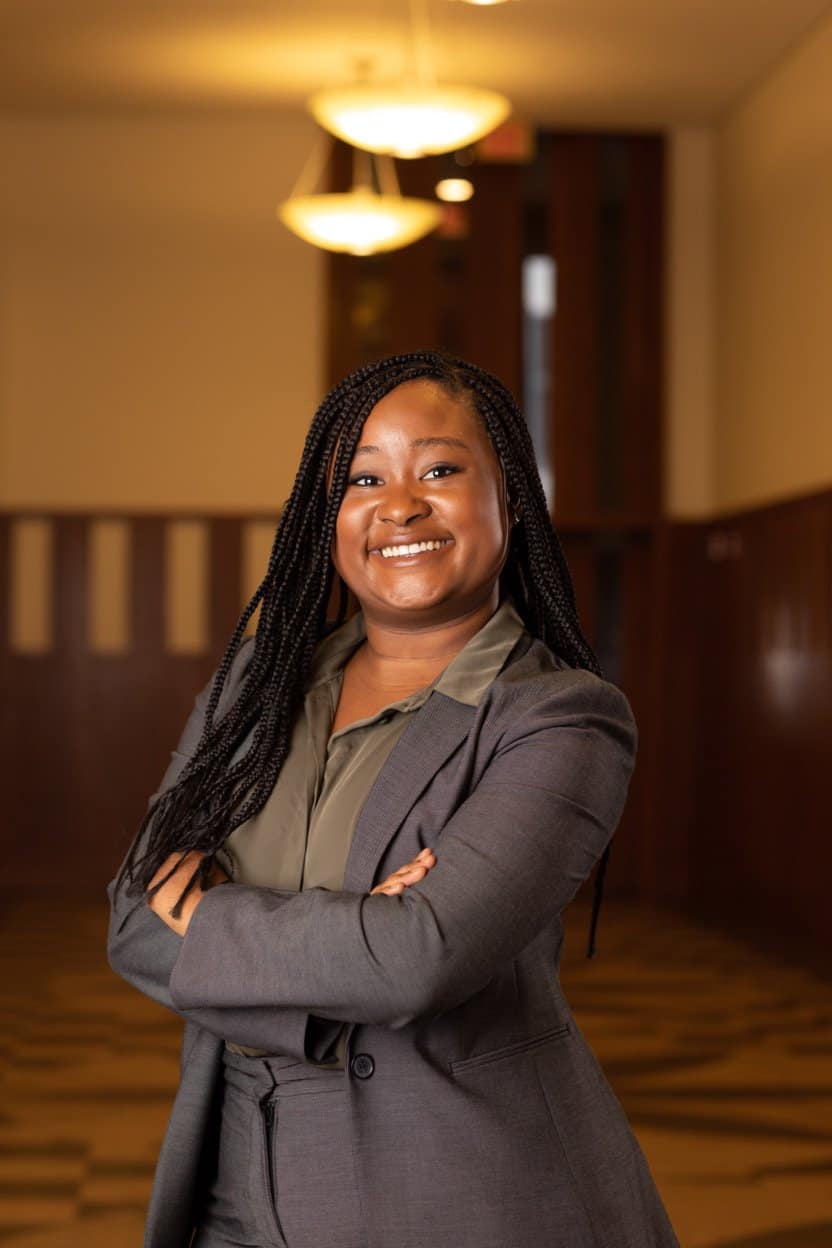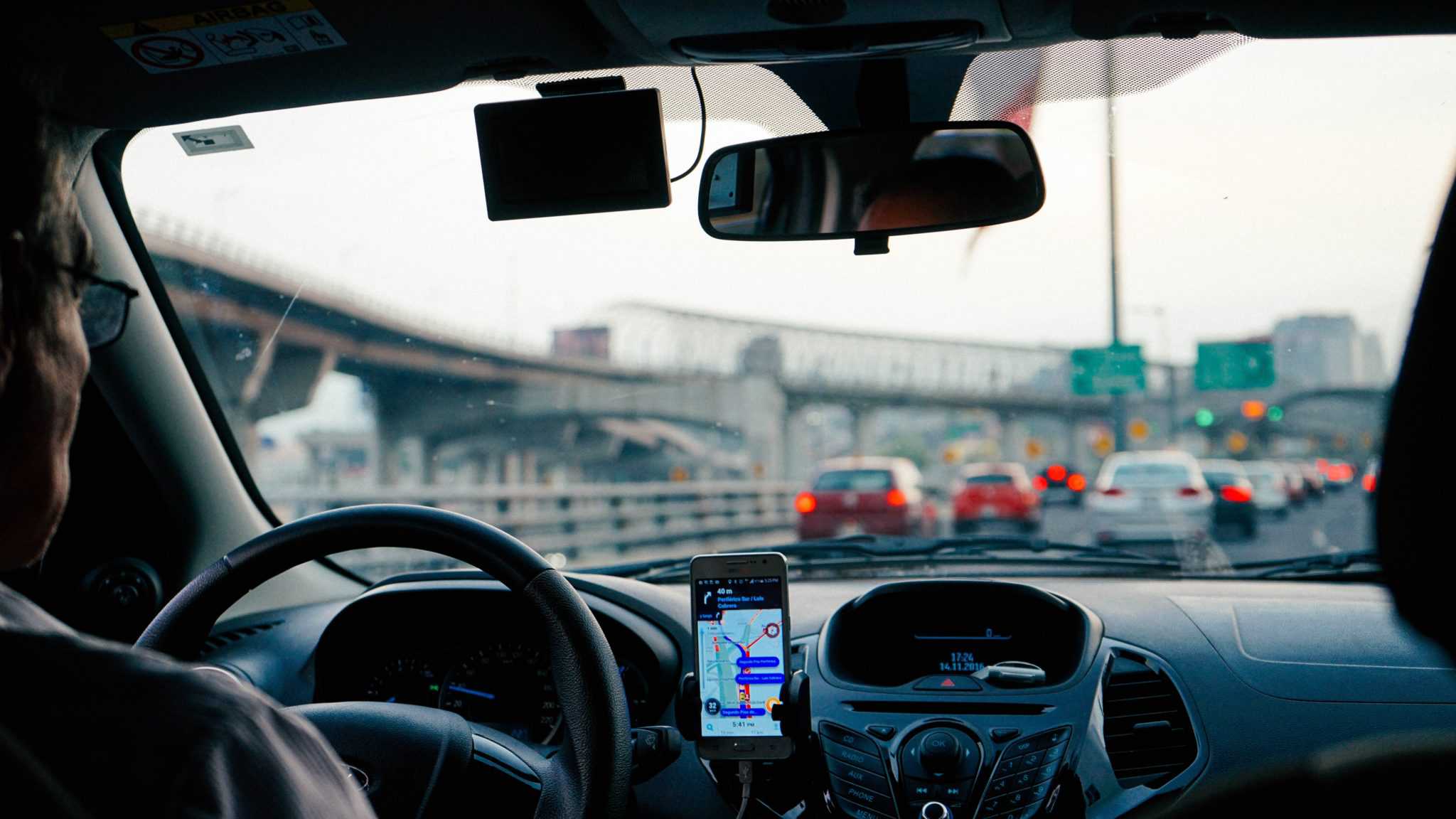
Courtney Brunson is a student at Harvard Law School and member of the Harvard Legal Aid Bureau.
After nearly 18 million Americans have been out of work due to the continuing health and economic consequences associated with the COVID-19 pandemic, the American Workforce Policy Advisory Board, a group created by President Trump and co-chaired by his daughter, Ivanka Trump, and Commerce Secretary, Wilbur Ross, has decided to promote a new campaign called “Find Something New”.
Created in conjunction with IBM, Apple, and members of the Business Roundtable, this campaign encourages workers who lost their jobs and continue to face issues in returning to work, covering their basic expenses, and preserving the health of themselves and their loved ones to simply find a new job, gain more skills, or develop more vocational training. The initiative seeks to help Americans “of all ages and backgrounds to be aware of the multiple pathways to career success and gain the vocational training and skills they need to fill jobs in a changing economy,” says Ivanka Trump. This goal runs directly against the realities of the current job market, however, since one third of employers have cut back on their job opportunities since late June, according to a recent study released by employment site, Glassdoor.
Representatives of the United Food and Commercial Workers International Union (UFCW) announced yesterday that the organization was filing charges against Stop & Shop with the National Labor Relations Board (NLRB). Representing 70,000 Stop & Shop workers in New York, New Jersey, and the New England area, the UFCW spokespeople claimed that they decided to pursue this measure when the supermarket walked away from the negotiating table after announcing on July 4th that it was eliminating its 10% increase in pandemic pay for its hourly workers. This is just the most recent instance of local UFCW unions fighting to protect the hazard pay of their workers. As On Labor Commentator Alexandra Butler wrote recently, local UFCW unions have also been opposing hazard pay rollbacks at companies like Giant. A statement from UFCW released yesterday explains well why the union believes this suit is essential for the protection of their workers during this current moment:
“Let us be clear, our members didn’t sign up to be frontline heroes in a health crisis the likes of which we’ve never seen, but they rose to the call and fed America. The essential pay they received during this crisis isn’t ‘appreciation’ as Stop and Shop suggests, but critical pay to ensure their families were safe amid the crisis we’re facing — a crisis that is far from over.”
Following Attorney General Xavier Becerra’s announcement in May that the California AG office was suing Uber and Lyft over their improper classifications of their drivers as independent contractors instead of employees (as covered by On Labor here), Massachusetts Attorney General, Maura Healey, announced yesterday that her office planned to do to the same. In a video, Healey denounced the companies’ efforts to gain billions of dollars on the backs of their drivers by classifying them as independent contractors and not providing them with basic benefits. This move also comes after the office filed an amicus brief in March that urged a federal judge to force the companies to reclassify the drivers in order to provide their workers paid sick leave, which they argued could curb the spread of the virus. Uber and Lyft have both argued in response to these suits that such measures would actually harm workers because it would make it more difficult for them to work in a time of record unemployment. If successful, however, the suit would provide Massachusetts drivers’ with eligibility for benefits like minimum wage, health insurance, workers’ compensation, and more.






Daily News & Commentary
Start your day with our roundup of the latest labor developments. See all
February 25
OSHA workplace inspections significantly drop in 2025; the Court denies a petition for certiorari to review a Minnesota law banning mandatory anti-union meetings at work; and the Court declines two petitions to determine whether Air Force service members should receive backpay as a result of religious challenges to the now-revoked COVID-19 vaccine mandate.
February 24
In today’s news and commentary, the NLRB uses the Obama-era Browning-Ferris standard, a fired National Park ranger sues the Department of Interior and the National Park Service, the NLRB closes out Amazon’s labor dispute on Staten Island, and OIRA signals changes to the Biden-era independent contractor rule. The NLRB ruled that Browning-Ferris Industries jointly employed […]
February 23
In today’s news and commentary, the Trump administration proposes a rule limiting employment authorization for asylum seekers and Matt Bruenig introduces a new LLM tool analyzing employer rules under Stericycle. Law360 reports that the Trump administration proposed a rule on Friday that would change the employment authorization process for asylum seekers. Under the proposed rule, […]
February 22
A petition for certiorari in Bivens v. Zep, New York nurses end their historic six-week-strike, and Professor Block argues for just cause protections in New York City.
February 20
An analysis of the Board's decisions since regaining a quorum; 5th Circuit dissent criticizes Wright Line, Thryv.
February 19
Union membership increases slightly; Washington farmworker bill fails to make it out of committee; and unions in Argentina are on strike protesting President Milei’s labor reform bill.